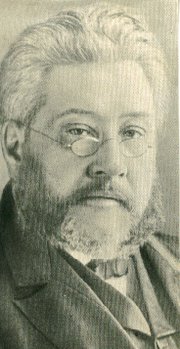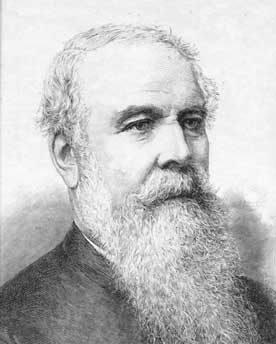
Charles Haddon Spurgeon has been called the "prince of preachers". His sermons are excellent, three dimensional, and full of life. Spurgeon, as a Minister of the Gospel and a teacher at a Pastor's College, was also a mentor to many men who were pursuing a greater understanding of their relationship with Jesus Christ as they pursued the ministry.
His students would gather under a giant old oak tree for theological questions, to challenge one another, and to edify one another. The great tree became known to Spurgeon's students as "The Question Oak". This is where they would bring theological questions to their teacher. The Question Oak is the location where this event took place:
It has been said that every Friday afternoon, his students were usually asked to exhibit there own ability as preachers and that without prior knowledge of the subject matter. Spurgeon called upon a student to give a message on Zaccheus. The student arose and said:
"Zaccheus was little of stature, so am I. Zaccheus was up a tree, so am I. Zaccheus came down, so will I." The students, as well as Pastor Spurgeon, applauded the "ingenious" performance.
Discussion Points:
-What place has been important for you for theological discussion in your Christian walk?
-Often the people of God will come into great comfort by meeting up with another Christian in an obscure/unusual place. Have you had this edifying experience?
-What could we do, as Christians, to encourage more theological discussion in "open air areas"?
 GI Williamson and others on Instrumental Music http://members.aol.com/rsichurch/worship.html
GI Williamson and others on Instrumental Music http://members.aol.com/rsichurch/worship.html












